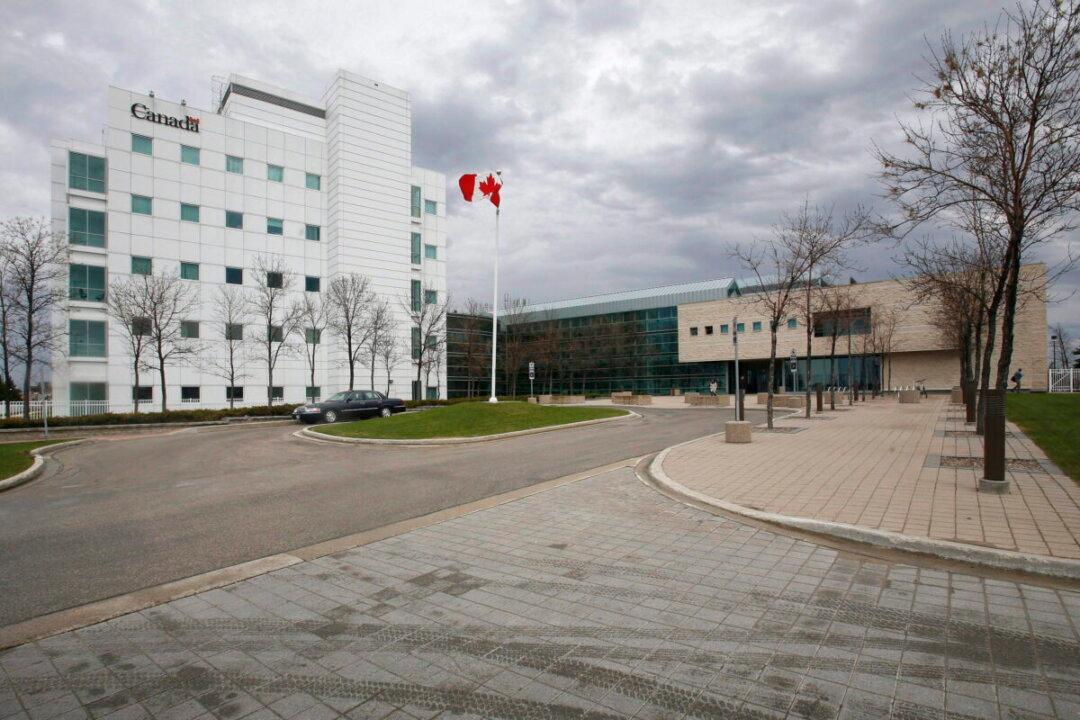Will the public finally be provided some details behind the mysterious firing of Chinese-Canadian scientists who were working at the country’s top biosafety lab?
The Liberal government announced on May 17 that an ad-hoc committee of selected MPs will be able to review documents pertaining to the matter, and a panel of arbiters composed of three former justices will decide what can be released to the public.





